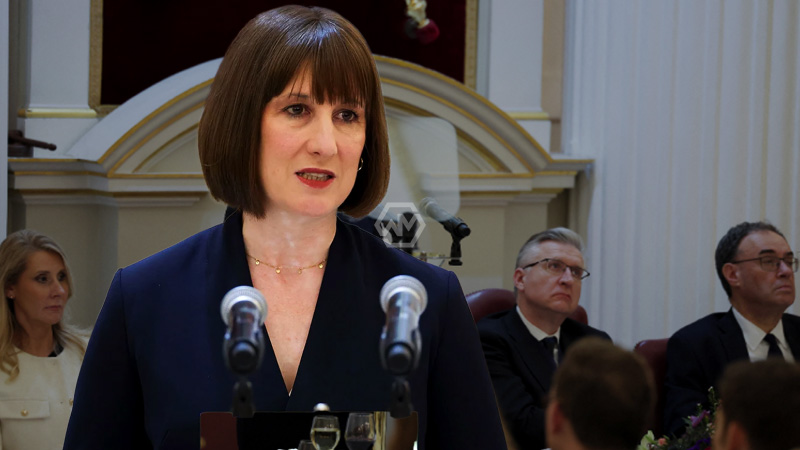- Whitehall departments risk funding cuts if they fail to relocate jobs outside London.
- Reform UK’s election gains highlight a growing shift in voter allegiances.
- Fragmentation of the political landscape could complicate the next general election.
The UK government is pushing for a major decentralization of civil service jobs, aiming to move key roles from London to 12 targeted growth areas, including Greater Manchester, Birmingham, and Glasgow.
Meanwhile, the political landscape is becoming increasingly fragmented, with smaller parties like Reform UK, the Greens, and the Lib Dems gaining ground in recent local elections.
Fragmented Political Landscape and Civil Service Relocation Reshape UK Dynamics
The UK government is implementing a significant restructuring of civil service roles, aiming to move hundreds of jobs from London to regional hubs. This strategy not only seeks to redistribute economic opportunities but also to bring decision-making closer to communities. The plan targets 12 key areas, including Belfast, Cardiff, and Newcastle, with a goal to complete the relocation by 2030.
Chancellor Pat McFadden is leading the initiative, with departments facing potential funding cuts if they fail to comply. The government estimates that the move will inject £729 million into local economies while also addressing regional disparities in public sector employment.
In parallel, the UK’s political landscape is undergoing a notable shift as smaller parties gain momentum. Reform UK’s significant wins in local elections, including control of 10 councils, underscore a growing appetite for political alternatives. Meanwhile, the Greens and Lib Dems also made gains, while Labour and the Conservatives experienced setbacks.
The increasing fragmentation of the political landscape raises questions about the upcoming general election. With more parties receiving substantial voter support, the traditional two-party dominance could be further diluted, making outcomes harder to predict and complicating tactical voting strategies.
The dual impact of civil service decentralization and a more fragmented political landscape underscores the UK’s shifting power dynamics, both administratively and electorally.
“Bringing government closer to the people isn’t just about geography – it’s about ensuring that every region has a voice in shaping policy.”



